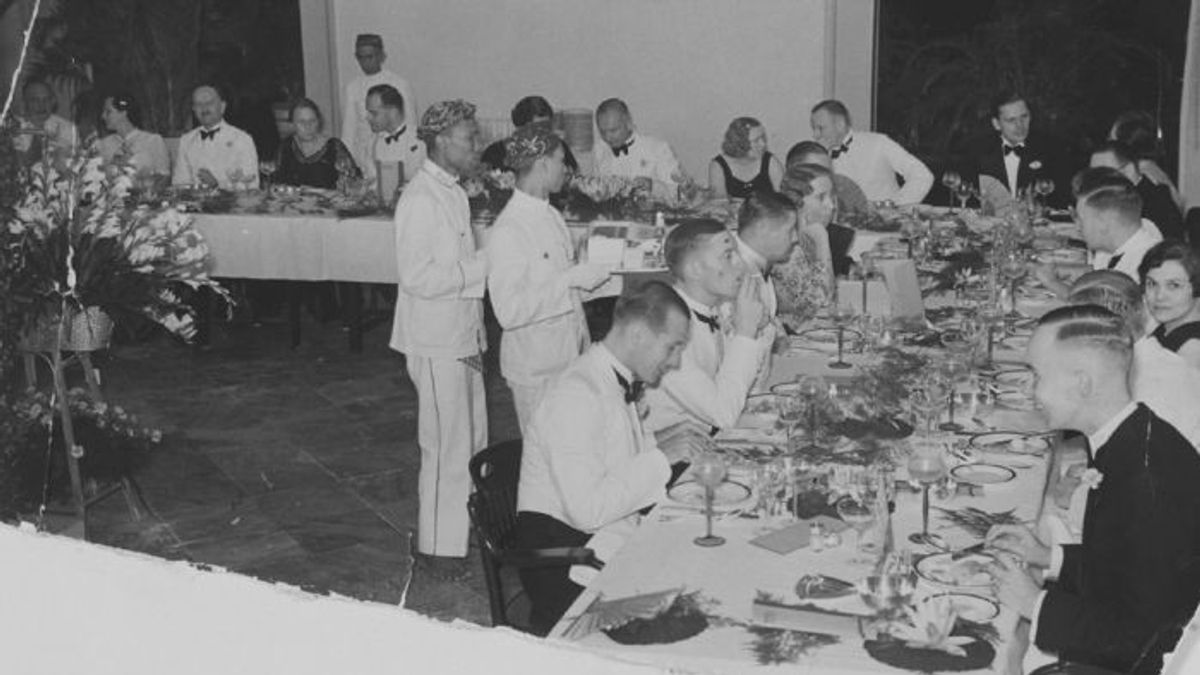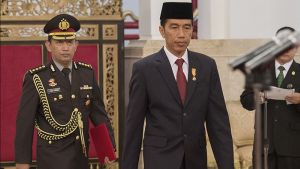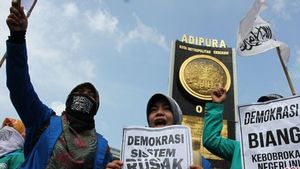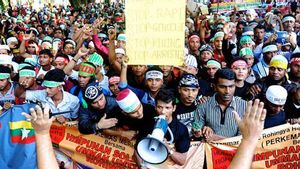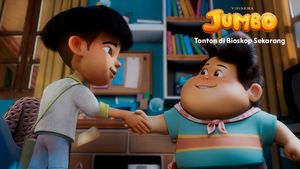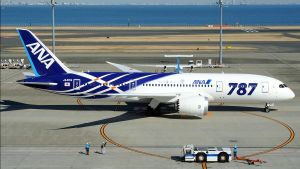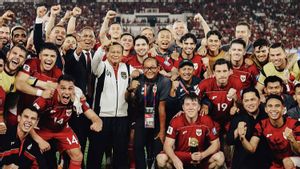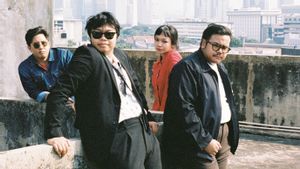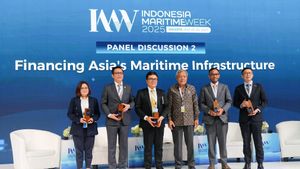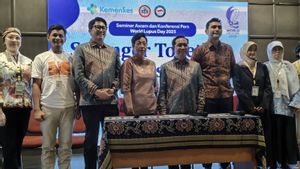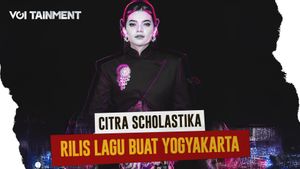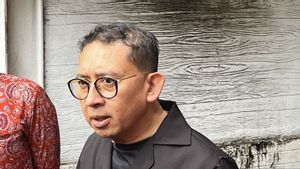JAKARTA - Dutch colonialism is the most painful period in the history of the journey of the Indonesian nation. In the past, when the natives were seen as low. They were considered stupid, like war, and underdeveloped. Bumiputras are placed in the lowest caste in social strata.
Racism and discrimination are daily foods for the natives in the Dutch East Indies (now: Indonesia). Bumiputras are often equated with animals no privilege. The form of humiliation was also revealed by the Dutch in the word: inlander.
The Dutch trade conspiracy, the VOC, has a big role in expanding hatred for the bumiputras. They do not want the natives to pray on their own land. Take for example in Jayakarta. The natives were expelled.
The Dutch then built Batavia City on the rubble of the ruins of Jayakarta's destruction. The VOC then finalized the rules to raise the status of Europeans. They did not consider the Bumiputras. This condition was because the Bumiputras who were beaten on average by the bumiputras had a warlike, stupid, and evil nature.
This sad view made the natives have no place in the VOC government. They did not get the privilege. This condition continued until the VOC was replaced by the colonial government of the Dutch East Indies.
The Dutch also deliberately issued a legal product that made the people of Bumiputra's inner state cut in 1854. A rule that was deliberately made so that the natives who lived and were born in the archipelago remained stupid.
The bumiputras were made third-class citizens. Dutch first-class citizens. Second-class Chinese, Arab and foreign eastern citizens. That position widened the ill-treatment and racism in the Dutch East Indies. The Dutch began to distance themselves from the life of the natives.
They live a quiet life. The natives live in the past. The Dutch also have a disgraceful term -- ridicule for the natives: inlander. The term inlander (sometimes also called: natives) are deliberately made up as a form of demeaning the natives.
You? Dirty inlander, like you? All over Mr. Hessels, Why do you dare to dare to approach my son? Come out, you dirty animal. Come out! Can people imagine how much I feel like I'm being hit by a whip?
"Can people believe that this tarnished stain on my neck at one point will disappear at all? The pain was so, that at that time I thought: "Oh my God, I can't forget this," Soekarno recalled when he was ridiculed by the inlander as written by Cindy Adams in the book Bung Karno: Connecting the Tongue of the Indonesian People (2014).
The suffering of the bumiputras continues. They became a definite food of poverty and ignorance. The colonial government never thought completely about their fate. Europeans don't want to be disturbed by their activities by the bumiputras. They consider inlander like nothing.
The separation was not only presented through legal products. Separation also occurs in public transportation in the Dutch East Indies. Trains and trams deliberately present third-class carriages. There is no comfort there.
The carriages are usually also used by the bumiputras to transport chickens from chickens to goats. Later, the third class carriages for inlanders were also called goat class carriages.
Different treatments also occur in entertainment centers in big cities. Watching cinemas, for example. Third class tickets (lattice classes) or cheapest tickets are deliberately intended for the natives. They will be placed in front of the screen.
Sometimes they are also placed behind the scenes. Other public facilities are the same way. Bumiputras cannot just enter. Some places such as societeit (entertainment clubs) and swimming pools have rules to prohibit Bumiputra from entering.
Prohibited from entering for dogs and inlander people (Verboden voor Honden en Inlanders). That's the message that is always displayed in front of the building. The echo of insults with the term demeaning the kind of inlander is often heard everywhere.
SEE ALSO:
Recently, this ridicule has made the natives have a common enemy: the Dutch colonialists. The Bumiputras who began accessing education were increasingly daring to fight back. They try to make their people aware that independence is something important.
Inlader raids are a valuable fuel of struggle. The more inlander terms are heard, the more furious the natives are. At its peak, when the Dutch colonialists were devastated by the Japanese opponents. The natives refused to step in to help the Dutch.
The bumiputras no longer want to be called inlanders. The Bumiputras chose independence on August 17, 1945. This power made the natives choose to fight the Dutch when the Revolutionary War (1945-1949) broke out.
The desire of the Indonesian people is clear so that Inlander and Inheemsch's words are replaced by Indonesia's and Indonesia'ssch. Inlander words do not state something national while the Indonesian people are the nation and also because inlander words are not supposed to be used to declare the inhabitants of a country.
"In the Netherlands, there is also no use of inlander for the inhabitants of the Dutch country. Gradually, the words of inlander in Indonesia have received a degrading and shrink meaning. Inlander words have received a low-cost stamp and every nation whose degree has been humiliated will certainly want to avoid this humility," said historian Anhar Gonggong in the book Muhammad Husni Thamrin (1985).
The English, Chinese, Japanese, Arabic, and French versions are automatically generated by the AI. So there may still be inaccuracies in translating, please always see Indonesian as our main language. (system supported by DigitalSiber.id)
